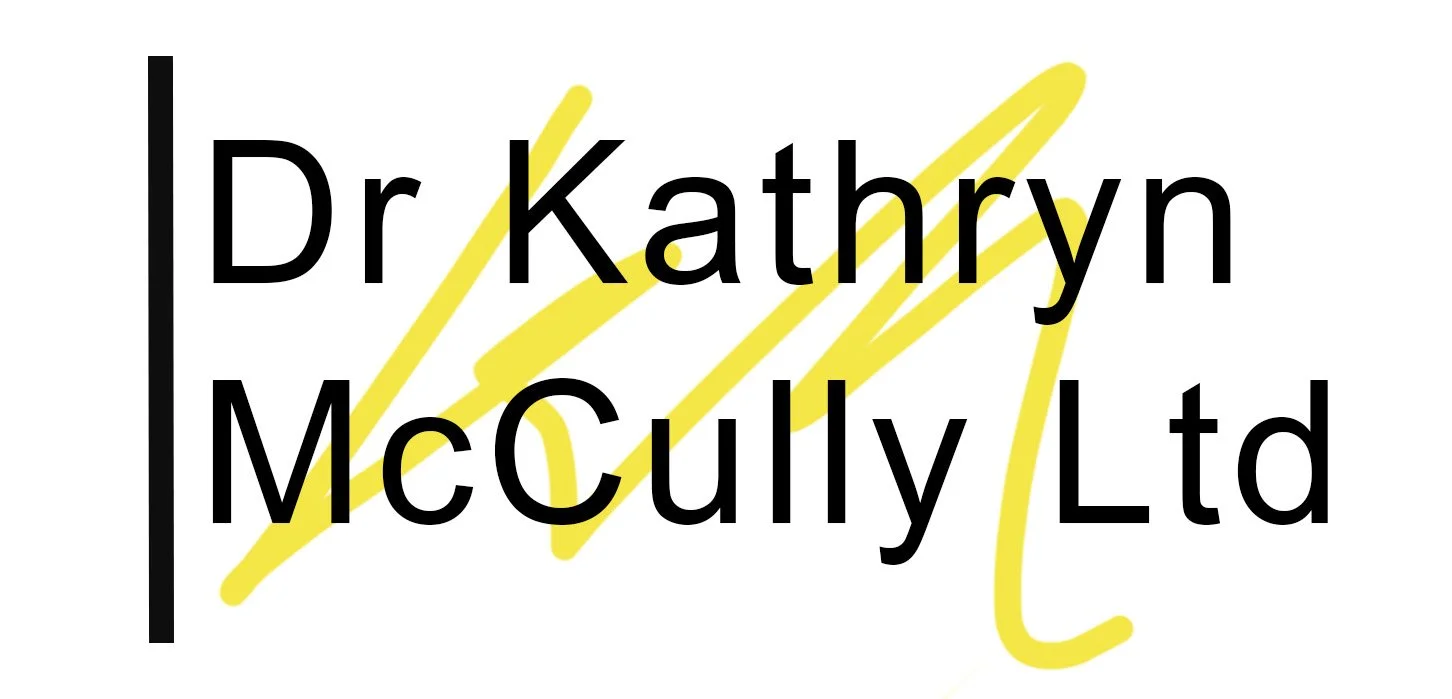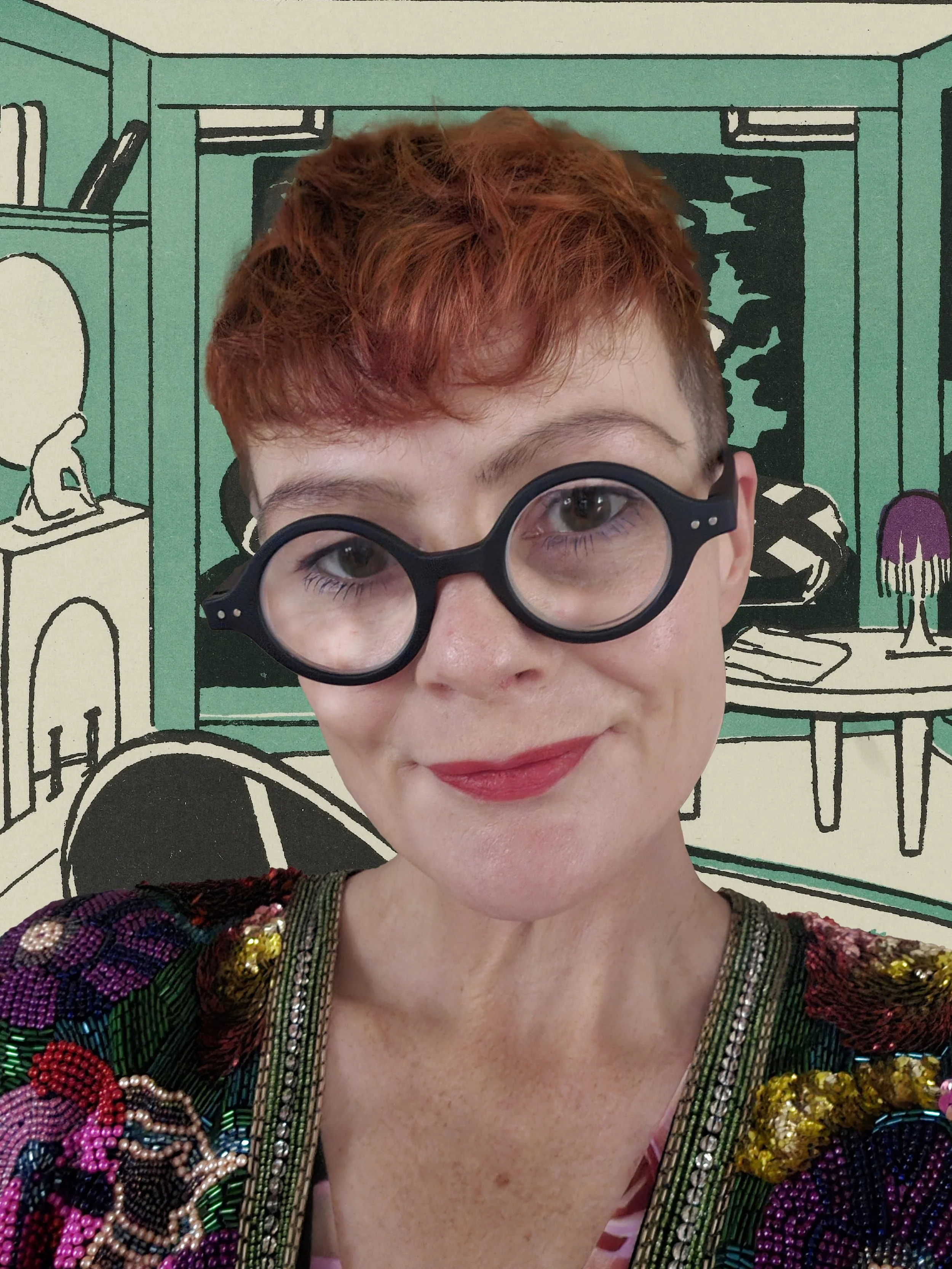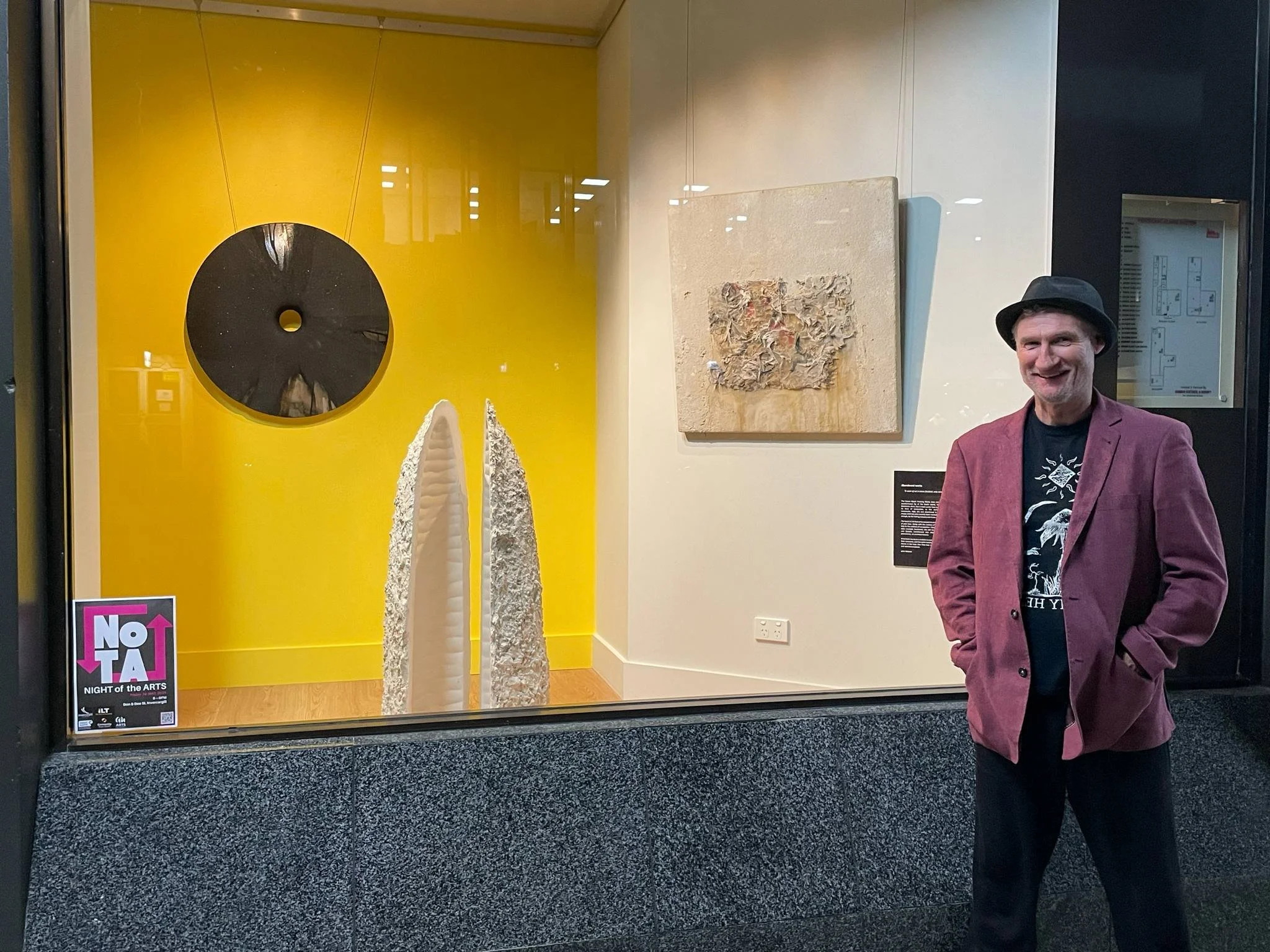About
I help you bring your brand to life
in your spaces and places — from workplaces and public venues to heritage sites and cultural destinations — through art, design, media, storytelling, and museum-quality curation that reflect your values and vision.
Drawing on a broad background in creative industries vocational training, media, and museums and cultural institutions, I co-create experiences that connect people with local stories, history, and meaning.
The space of the future will have a range of jobs to do – from instant fulfilment and convenience to full experience, education and community.
InsiderTrends, 2019
Do Your Spaces & Places Tell Your Story?: You’ve built a strong and meaningful brand — but when people step into your spaces and places, do they experience that story?
Too often, environments feel generic, disconnected, or overlooked. That’s a missed opportunity to express your values and vision — and to create deeper connections with your clients, your team, your visitors and your wider community.
SIT Centre for Creative Industries: SIT Has Big Plans For St John's Church Redevelopment
What I Do
I curate and commission content from South Island creatives — and draw on my background in media, vocational education, and public programme design — to bring the experience of your brand’s values, voice, and vision into your physical and digital environments.
Whether shaping a single event or installation, reimagining an office, bringing a heritage environment to life, or aligning a region’s arts, culture, and heritage with its brand identity, I help you:
Make your brand experience visible and tangible in every part of your spaces and places
Embed arts, culture, media, and heritage experiences into everyday environments and regional storytelling
Create experiences co-designed with communities that resonate with clients, staff, visitors, and the public
Align programmes with local events, festivals, and heritage moments to maximise impact
Support South Island creatives and cultural practitioners through meaningful collaborations
Keep your environments fresh with rotating experiences
Build lasting connections between business, community, and culture through meaningful storytelling
John Wishart, Abandoned Works, McCulloch Architecture
Services
• Custom Art, Heritage & Visual Curation
Tailored solutions to bring your brand experience alive — from one-off installations to multi-site or regional programmes. I source, commission, and curate art, design, media, and heritage stories that reflect who you are and the communities you serve.
• Exhibition & Programme Design
Design and delivery of exhibition-style experiences and outreach programmes that are co-created with your communities and or clients. These take into account local events, cultural calendars, and regional stories to create alignment, visibility, and genuine connection.
• Art Leasing & Sales for Businesses
Flexible leasing and sales of curated works by South Island creatives. Keep your spaces dynamic and relevant while supporting local creative talent.
• Brand, Culture & Place Strategy
Creative direction that aligns spaces and places with your wider brand experience and communications strategy. Drawing on museum exhibition practice and media storytelling, I help integrate design and cultural meaning into your environments.
• Engagement & Learning
Talks, events, workshops and resources that activate your space or place — connecting your audience, clients, or team with their stories.
• End-to-End Delivery
From concept to installation, I manage the entire process. I collaborate with creatives, suppliers, and your teams to ensure smooth coordination and memorable, meaningful results.
From high-impact focal points to cohesive cultural experiences across multiple spaces and communities, I’ll help you create environments that are purposeful, inspiring, and unmistakably yours.
InsiderTrends, 2019. The Future of Retail Space - The role of the physical space in the digital first retail future, s.l.: s.n



